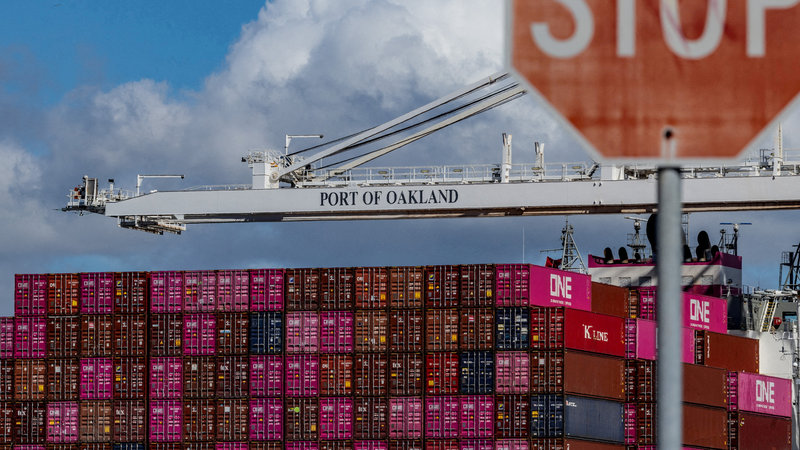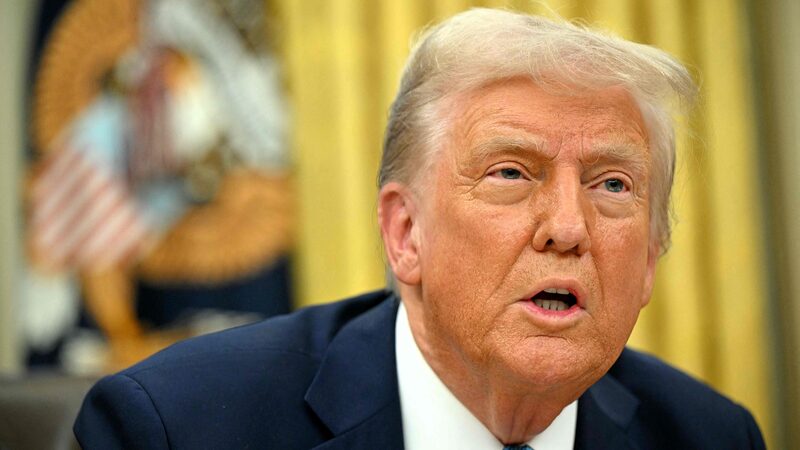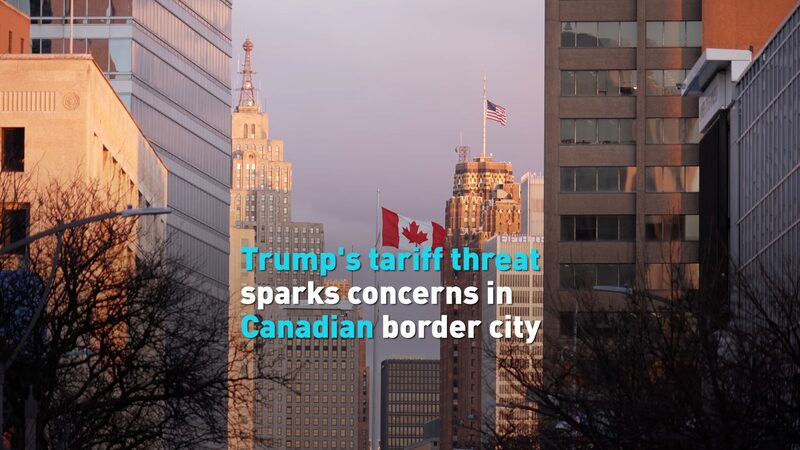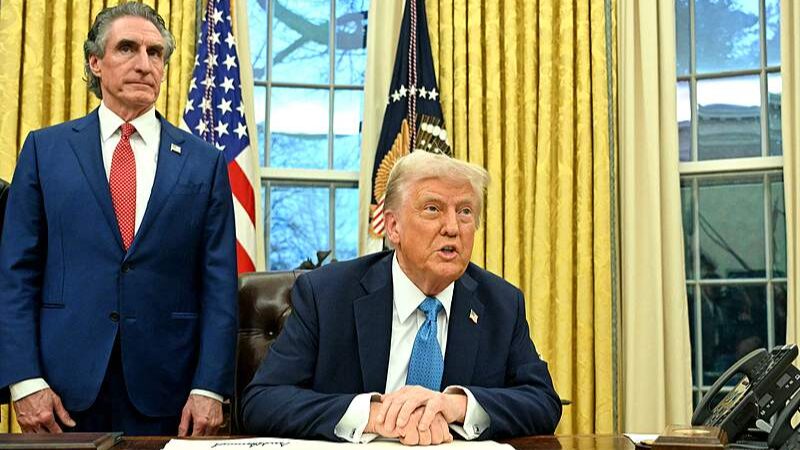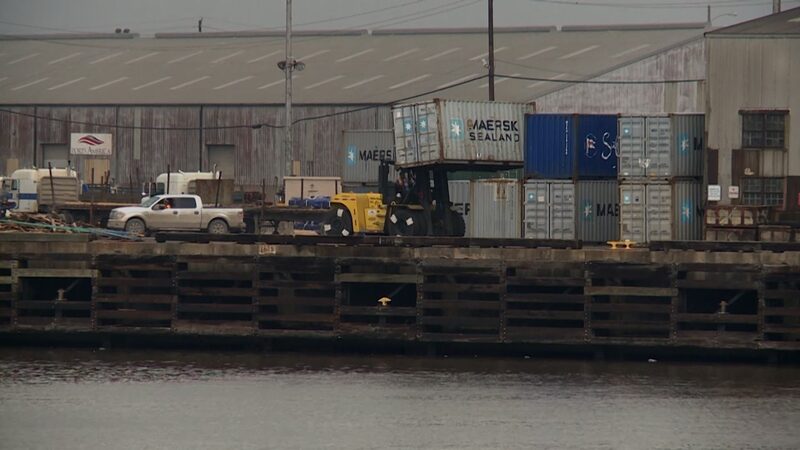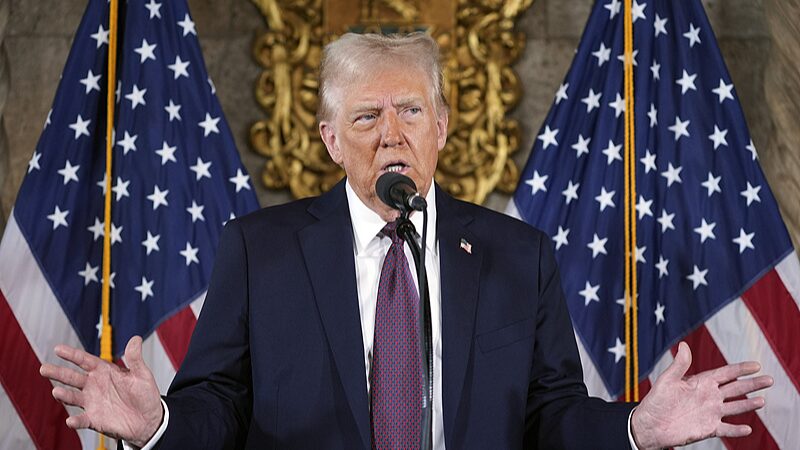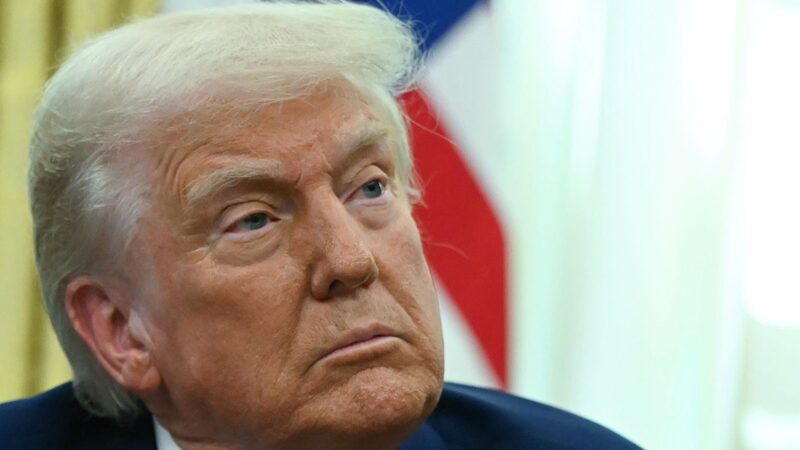U.S. President Donald Trump's declaration of April 2 as 'Liberation Day' – marked by sweeping reciprocal tariffs on both allies and rival economies – has drawn mixed reactions from Americans. CGTN spoke to residents near the White House to gauge public sentiment amid concerns over escalating trade tensions.
'This feels like economic warfare, not liberation,' said Daniel Martinez, a small business owner, echoing fears of rising consumer prices. Others, like retired factory worker Emily Parkington, supported the move: 'Someone’s finally standing up for our industries.'
Analysts warn the tariffs could disrupt Asia’s export-driven economies, particularly semiconductor supply chains and manufacturing hubs. Investors are monitoring potential ripple effects across Southeast Asian markets as businesses adjust to altered U.S. trade dynamics.
The announcement comes amid ongoing recalibrations in global trade alliances. Experts suggest multinational corporations with operations in the Chinese mainland and ASEAN countries may face complex compliance challenges.
While political strategists debate the timing ahead of U.S. elections, academics emphasize the need for transparent dialogue. 'Historic patterns show trade wars rarely have clear victors,' noted Georgetown University economist Rebecca Cole. 'This could redefine Asia’s role in 21st-century globalization.'
Reference(s):
cgtn.com
